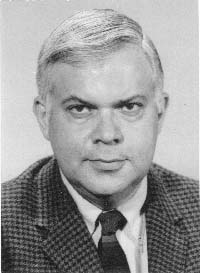Published on Fri, Jan 06, 2012
The Obama administration proposed changing federal rules to let some undocumented immigrants stay in the U.S. while seeking legal status, a move that would help Hispanics, a key voting bloc in the 2012 election.
The proposal is aimed at spouses and children of U.S. citizens who are eligible for a visa. The proposed change would let them remain in the country while applying for a green card, according to a statement by U.S. Citizenship and Immigration Services.
The law now calls for immigrants who have been in the country illegally for 180 days or more to leave the U.S. to apply for legal residence, a period that can last as long as 10 years. Because of the potentially long separation from their families, immigrants who are eligible don’t apply for legal status, according to the American Immigration Council, a Washington-based pro-immigration group.
Congressional Republicans have stymied President Barack Obama’s drive to overhaul immigration laws to let temporary foreign workers enter the U.S. and to help illegal immigrants on a path toward citizenship. The proposed change doesn’t need congressional approval.
It would “provide a more predictable and transparent process and improved processing times,” according to the immigration agency’s statement.
Hispanics contributed to Obama’s margin of victory in the 2008 presidential election. Exit polls on election day showed 67 percent of Hispanic voters supported him compared with 31 percent for Arizona Senator John McCain, the Republican nominee.
States With Hispanics
That support helped Obama carry states with large Hispanic populations, including Florida, Colorado, Nevada and New Mexico. The states are among the ones likely to be the most competitive in this year’s presidential race.
The illegal immigration issue has sparked disputes in the race among Republicans vying to be Obama’s opponent.Read more...
Published in the Bloomberg


 Ali B. Cambel was born in Merano, Italy, in 1923 of Turkish parents who were in the diplomatic corps. He is a naturalized U.S. citizen, a member of the Religious Society of Friends, and is a widower.
Ali B. Cambel was born in Merano, Italy, in 1923 of Turkish parents who were in the diplomatic corps. He is a naturalized U.S. citizen, a member of the Religious Society of Friends, and is a widower.

